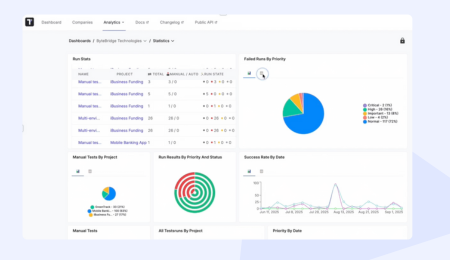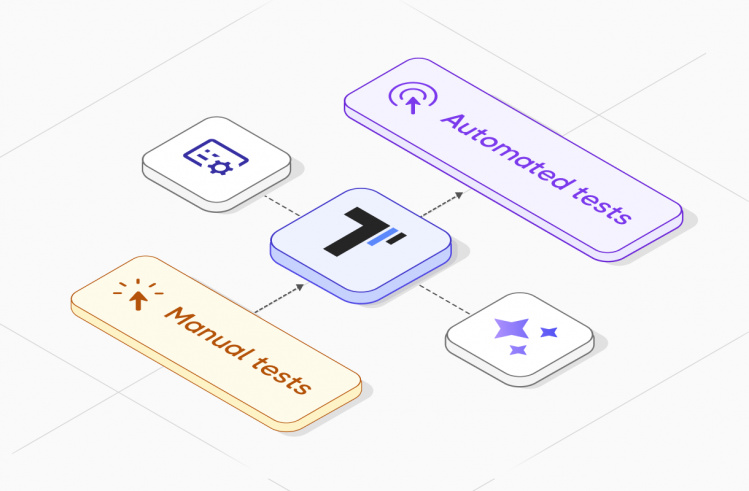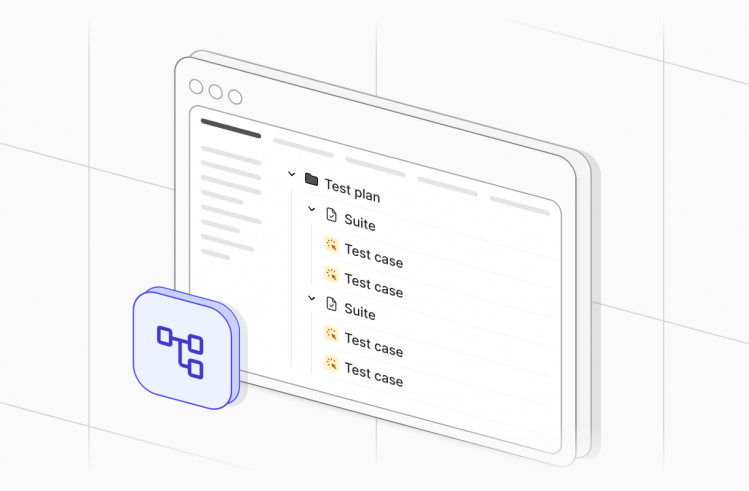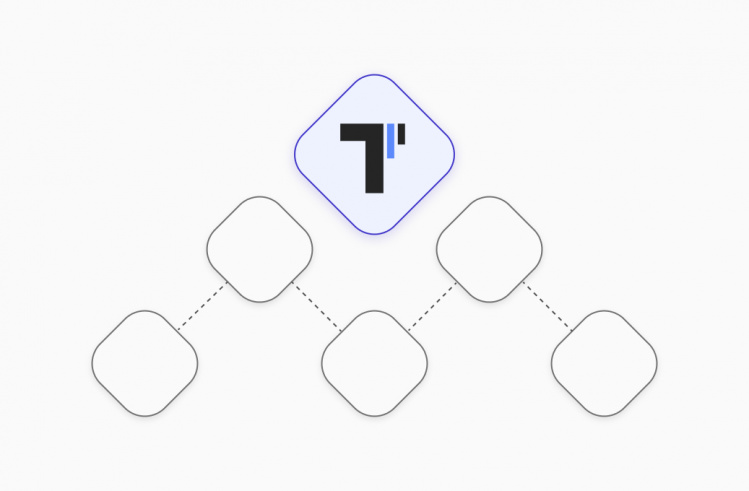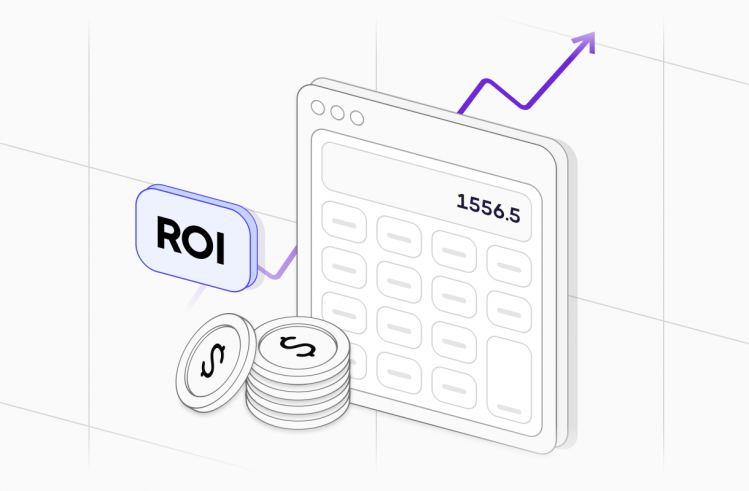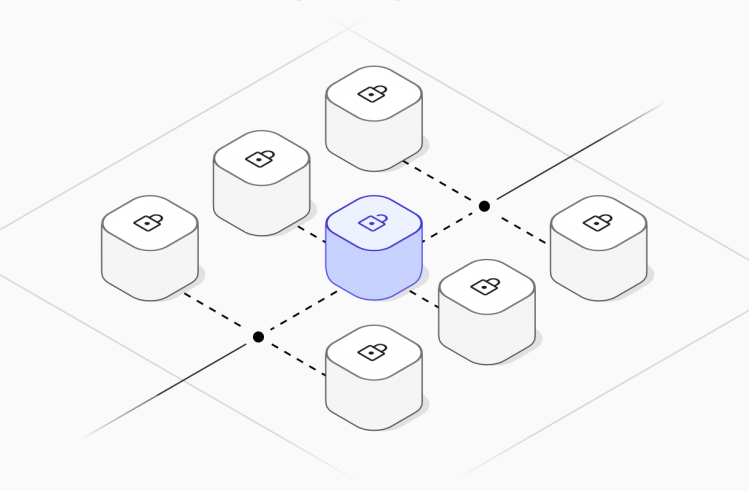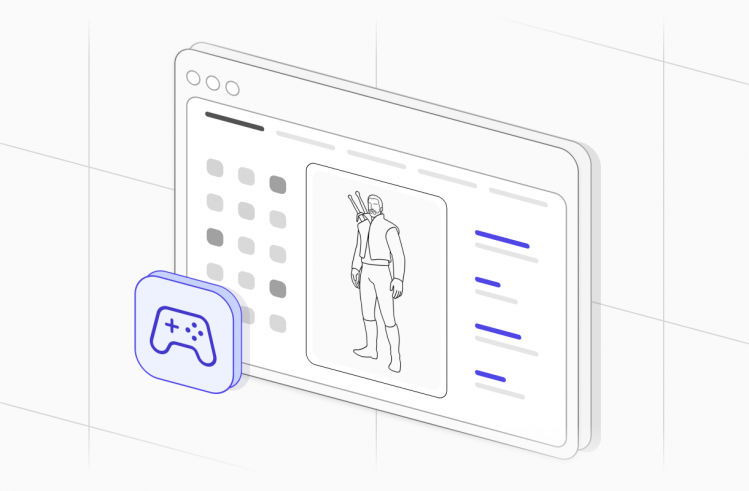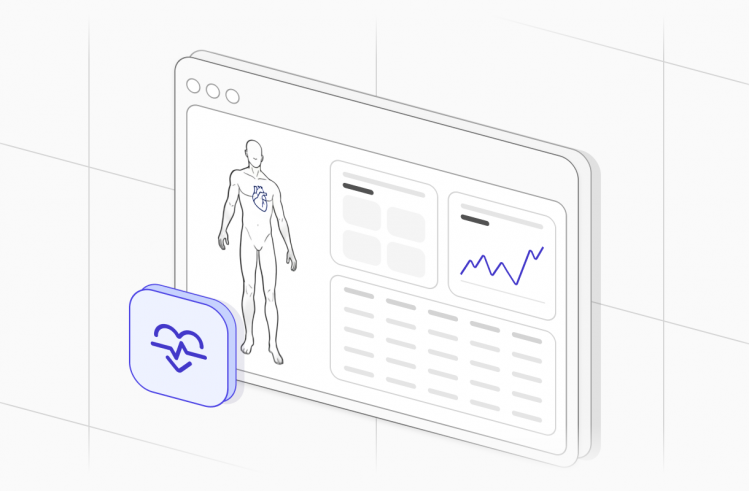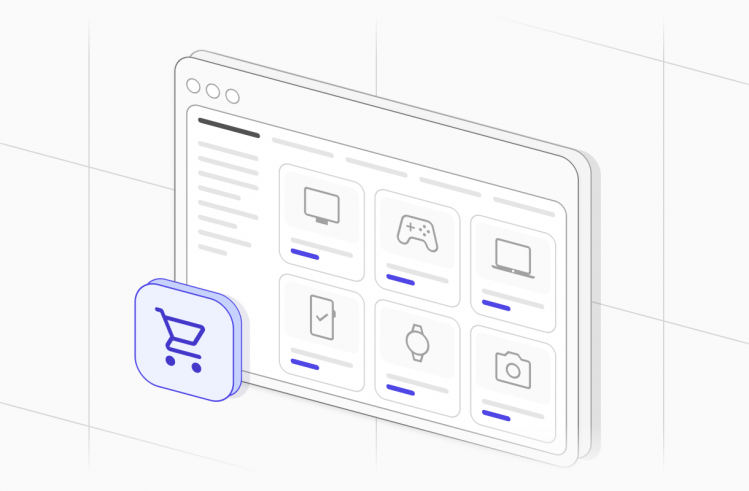Undoubtedly, software test automation is beneficial to development of the digital products. Based on a recent report, over 50% of development teams have observed improved quality and reduced errors by adopting test automation. The integration of artificial intelligence (AI) and machine learning (ML) technologies opens up ample opportunities for automation testing. In fact, 37% of teams have already incorporated AI and machine learning (ML) in their software testing practices, while an additional 20% plan only to present those technologies.
The promise of AI tools in particular, ChatGPT encompasses potential benefits and advancements, including minimal test maintenance, better test coverage, reduced manual testing efforts, and faster test creation. Having that in mind, ChatGPT AI-powered tool is available to accommodate businesses of every size and budget. Organisations both new and established will benefit from using a suitable AI tool to simplify and speed up their testing activities. Looking towards the future, ChatGPT is poised to assume a progressively vital role in software test automation. The tool aims to bring in more sophisticated capabilities, increase test coverage and optimize the overall testing process.
What is artificial intelligence (AI) and machine learning (ML) in testing?
In a nutshell, AI software testing entails using tools for automated software testing that leverage cutting-edge AI technology — usually, machine learning algorithms—to produce better results and improve the effectiveness of software testing.
By applying problem-solving and reasoning techniques, artificial intelligence technology not only automates but also augments the software testing process.
With specialized AI testing tools, AI in software testing provides the design and execution of automated tests without human interventions as well as categorizes test results based on failures.
If properly integrated into automated testing processes, AI in software testing can resolve challenges related to traditional test automation as well as manual testing, including:
- time-consuming and manual test case creation that is limited in coverage;
- a lot of time to perform testing activities;
- high resource utilization;
- poor test coverage;
- not all scenarios of test cases are covered during software testing;
- inability to detect patterns, anomalies, and potential errors in the system early;
- inability to simulate realistic user behavior,
- inability to automatically identify critical bottlenecks in the app performance.
How to implement AI testing?
Implementing AI in testing allows organizations to facilitate the development and deliver high-quality products faster. Here are some steps you should take into account before incorporating AI in software testing:
#1: Define AI testing needs
First and foremost is working out the goals and needs of the digital testing. There is no doubt that understanding how AI technology meets those needs and achieves those goals is difficult. That’s why attaining these goals requires mapping testing processes. This identifies which processes can be automated through artificial intelligence (AI) to increase efficiency and free up time for more crucial and creatively demanding tasks.
#2: Develop a testing strategy
When it comes to implementing AI in software testing, you should define the test strategy, including test criteria for the AI testing process. In addition to that, it’s important to identify the specific aspects of the AI model that should be evaluated, such as its accuracy, response quality, robustness, and scalability as well as the special characteristics of AI tools, such as automatic script generation and self-healing capabilities.
#3: Research AI test automation tools
To kick off your research, you should begin by looking at your testing goals and key product requirements. It’s critical to choose the right AI-powered test automation tools that are either known to you already or that have been recommended. What’s more, it should be well suited to your needs in software automated testing. Failure to choose the wrong testing tool can result in penalties for your project.
#4: Invest in team training
When adopting AI technology in the testing process, it’s imperative to stay ahead of the game. Successful utilization of AI-powered testing tools requires extensive training and knowledge. To effectively harness the power of AI testing tools, your teams require comprehensive training and expertise. That’s why investing in training can help you make sure that your development and QA teams have the skills needed for AI in software testing.
What testing type to conduct with ChatGPT tool?
ChatGPT can be used in various ways when trying to implement test automation for any kind of testing type, including the following:
- Unit Testing: with ChatGPT, you can facilitate proper unit testing in front-end projects developed with languages like Javascript, Python, Java, Swift, and more. By generating helpful syntax references, ChatGPT can provide guidance on how to write unit tests effectively, cover different scenarios, and produce the expected outputs.
- Integration Testing: Utilizing frameworks like Selenium, ChatGPT can generate scripts of tests for integration testing of front-end web apps built with JavaScript, HTML, and CSS. Assisting in automated test script creation, ChatGPT can simulate user interactions and verify the proper integration of different components. This helps software engineers validate the functionality and compatibility of the integrated components.
- End To End Testing: With frameworks like Selenium, ChatGPT can generate comprehensive test scripts for end-to-end testing and make sure thorough testing of web applications built using JavaScript, HTML, and CSS. What’s more, it can not only produce test cases that cover various scenarios but also simulate real user interactions and intelligent human behavior across different systems.
- API Testing: By utilizing frameworks like Postman, ChatGPT can produce test scripts for API testing. This enables efficient testing of backend APIs built with Java, Python, NodeJS, etc. In addition to that, ChatGPT’s generated test scripts help development and testing teams validate API endpoints, handle different input scenarios, etc.
- Mobile Testing: ChatGPT can be used to generate test scripts for mobile testing with the Appium framework. This can be used for testing mobile applications built with languages such as Java, Swift, etc. especially to validate UI elements, and detect any issues or bugs that may impact the mobile app’s performance.
However, we would like to mention that ChatGPT can assist development and testing teams in various aspects of software testing, but it should be used in conjunction with human expertise — human testers are still responsible for making choices and should adjust their decision-making strategies accordingly.
What are the benefits of ChatGPT in Software Test Automation?
Here we are going to overview some benefits you can reap from using ChatGPT in automated testing:
- Automated test cases generation: By automatically generating tests based on natural language descriptions, ChatGPT saves qa team both time and effort and ensures that all the important features of the application are tested thoroughly.
- Increasing of test coverage: With ChatGPT, teams can automate test execution by generating a great number of test scripts to streamline the testing process and save time and effort.
- Faster feedback: With ChatGPT, teams can automate parts of the testing process, receive prompt responses and iterate quickly. This significantly speeds up the overall testing and development process.
- Reduced manual effort: By automating time-consuming and repetitive tasks, you can save resources associated with your testing process. Reducing the need for manual intervention, your teams can focus on more complex or critical aspects of testing, improving productivity and efficiency.
- Multiple testing types support: When assisting in various testing types, including unit testing, integration testing, end-to-end testing, API testing, mobile testing, and more, ChatGPT accommodates the specific needs and requirements of various testing approaches and methodologies.
- Real-time bug reporting and tracking: Being an intermediary between testers and developers, ChatGPT helps expedite the bug and reporting process. It not only makes the procedure for QA teams to report issues easier but also allows developers to rectify them.
- Continuous enhancement: ChatGPT’s AI capabilities allow teams to address challenges in software testing and provide ongoing improvements.
What are the limitations of ChatGPT in software testing?
Unfortunately, there are some limitations to ChatGPT that you should be aware of before implementing it into your automated testing process.
- Lack of domain knowledge: ChatGPT may not cover all domains or industries because its knowledge is based on the data it has been trained on. That’s why there are some limits on providing accurate and specific guidance or generating relevant test cases for certain niches.
- Limited context understanding: ChatGPT can provide responses that are technically correct but may not align with the specific requirements of the testing scenario. That’s why human experts should carefully evaluate and validate the suggestions provided by ChatGPT.
- Limited understanding of visual elements: ChatGPT may not fully understand visual elements, such as visual design aspects, and may not provide comprehensive guidance or suggestions for visual-related testing.
Why do teams need ChatGPT in AI software testing?
The features offered by ChatGPT give teams eyes and ears in the testing process. They can optimize resources, handle complex testing scenarios, and foster collaboration, ultimately contributing to the overall success of the testing process. Here are some reasons why they choose it:
- If they need to focus on the aspects that require automation based on repetitive patterns.
- If test creation requires a significant amount of time, human resources, and capital.
- If there is a need to leave the repetitive work to artificial intelligence technology.
- If there is a need to detect the maximum number of bugs in less time.
- If teams need to get faster feedback to iterate quickly.
- If the growth of software releases requires test smarter.
Bottom line: Deliver a competitive edge with AI-driven test automation
At a time when soaring company costs and a tight labor market are inflicting unprecedented pressure on companies, AI-driven test automation offers an ample opportunity to improve the quality of the software products and ship them faster.
By scaling up their software testing AI potential in the software testing industry, businesses can deploy quickly and increase time to market.
Through AI-driven test automation, any organization can tap into unparalleled business value and gain a competitive advantage. That’s why switching to a next-generation AI testing tool like ChatGPT might be a compelling option, even for development and testing teams with fully established automated testing processes. with its features and capabilities, they can make a huge leap forward to deliver robust software products of high quality.
👉 If you have any questions, don’t hesitate to drop us a line!
